lalloyd1
TPF Noob!
- Joined
- Jan 3, 2015
- Messages
- 5
- Reaction score
- 0
- Can others edit my Photos
- Photos OK to edit
What do you fellow beginners think is the most effective way to learn when it comes to getting the most out of your camera and starting to take good photos? I realise this question is very subjective but I'd like to know how others are getting on out of curiosity. Have you jumped in at the deep end and gone straight to manual? Have you spent hours on aperture priority and then spent hours on shutter priority? Do you practice every day?
Please let me know how you've been learning, what's helped you, and what you wouldn't recommend. Thanks!
Lewis
Please let me know how you've been learning, what's helped you, and what you wouldn't recommend. Thanks!
Lewis


![[No title]](/data/xfmg/thumbnail/34/34122-fb99897e57c9440aede4be4fdc5f1352.jpg?1619736292)
![[No title]](/data/xfmg/thumbnail/34/34125-d7028823900ffcf1cfce62bf748dea24.jpg?1619736295)
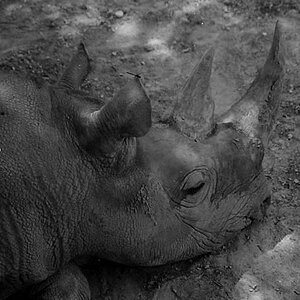
![[No title]](/data/xfmg/thumbnail/34/34055-9c9c587b8094b98e1010fe73cead6994.jpg?1619736255)
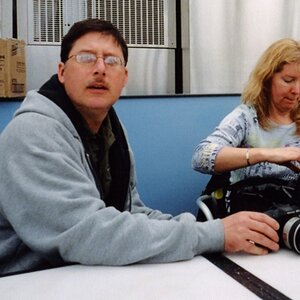
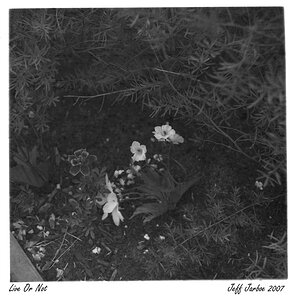
![[No title]](/data/xfmg/thumbnail/31/31091-00a77a1c08cddcf7dc236d9317f868d2.jpg?1619734607)
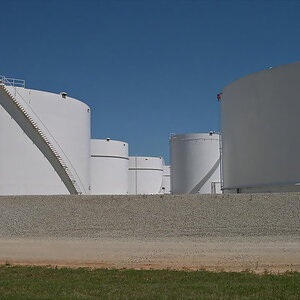
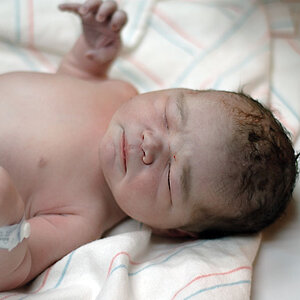
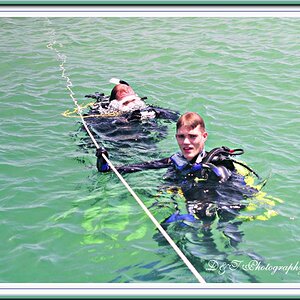
![[No title]](/data/xfmg/thumbnail/31/31088-b509581dfd5e8b6b36c83266751654fc.jpg?1619734604)